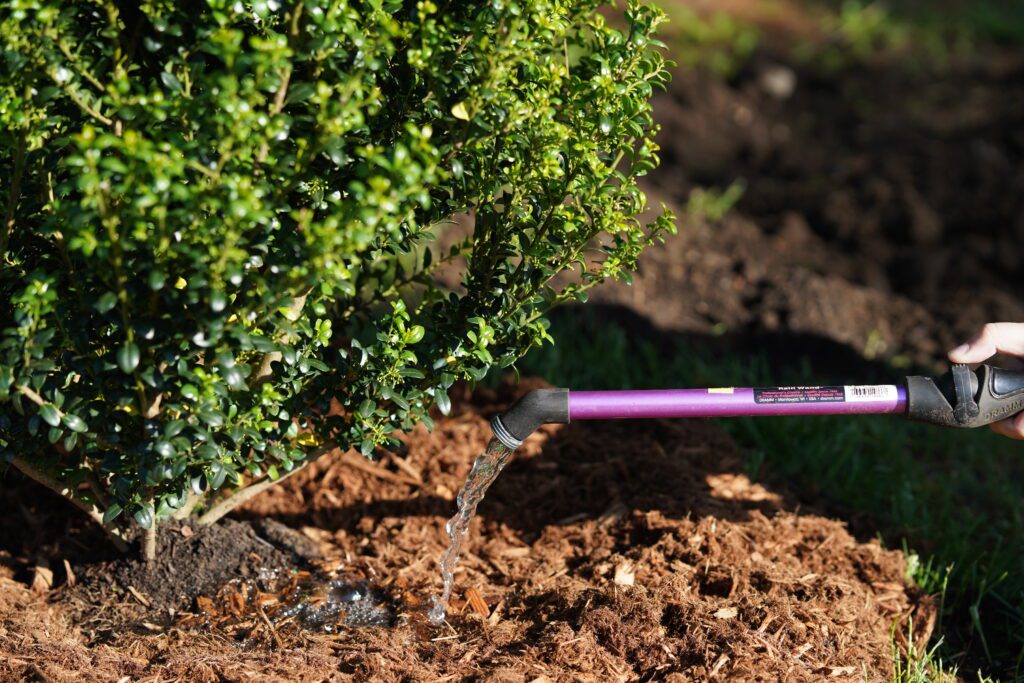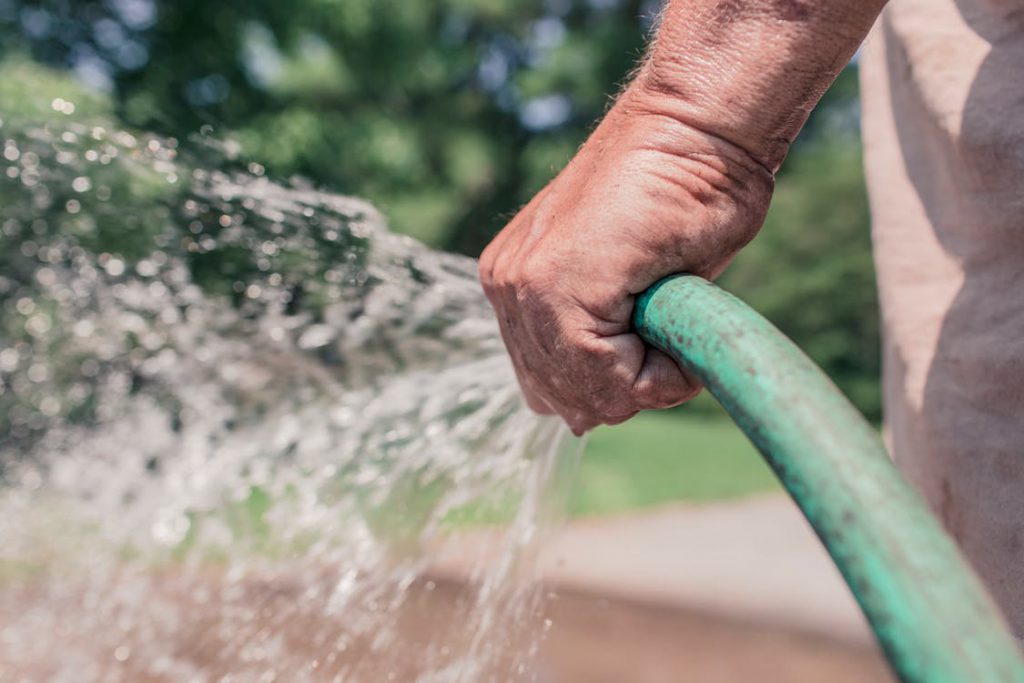October 11, 2024
Keep Watering Your Plants—Even When It’s Cold!
As the weather cools down and summer turns into fall, it’s easy to think your outdoor watering routine can take a break. After all, the heat waves have passed, and your plants aren’t thirsty anymore, right? Well, not quite!
Even though the temperature is dropping, your outdoor plants still need water, and they’ll thank you if you keep the hose handy until the ground freezes. Here’s why:
-
Plants Still Need Hydration in Cooler Weather
When temperatures dip, plants naturally slow down their growth, but they’re not totally dormant yet—especially perennials, shrubs, and trees. Their roots are still busy underground, preparing for winter and soaking up as many nutrients as they can. Consistent watering helps these plants store the energy they’ll need to make it through the winter.
-
Hydrated Roots Are Happy Roots
Roots are like the heart of the plant. If they dry out during the fall, plants can become stressed and won’t be in the best shape to survive the cold winter months. Well-watered roots can withstand winter damage better and stay healthier overall. Think of watering in fall as building up a plant’s reserves for the months ahead!

A slow trickle ensures root ball has time to absorb water.
-
Dry Soil and Winter Frost Don’t Mix
If the ground is too dry when winter frost hits, the cold can penetrate deeper into the soil and damage the root system. Keeping your soil moist before the ground freezes helps insulate those delicate roots, giving them a much better shot at surviving. Moist soil acts like a cozy blanket for roots, slowing the freezing process and protecting them from harsh winter conditions.
-
Winter Winds Can Be Brutal
For regions with strong winter winds, plants are at extra risk of drying out. Evergreens and shrubs in particular are vulnerable to something called “winter desiccation.” This happens when winter winds pull moisture from the plant’s leaves faster than it can be replaced by the roots. A good watering schedule in the fall ensures plants go into winter fully hydrated, giving them a fighting chance against drying winds.
-
Late-Season Watering Helps New Plants Establish
If you’ve planted any new trees, shrubs, or perennials this season, late-season watering is even more critical. Their roots haven’t had a full growing season to establish themselves, so they need extra care. Consistent watering up until the ground freezes will give those young plants the strength they need to settle in and survive the winter.
How Long Should You Water?
The general rule is to keep watering your outdoor plants until the ground freezes solid. Once the soil is frozen, the plants can no longer absorb water, so you can stop watering at that point. But until then, a good deep watering once a week (or more often if it’s been dry) will go a long way.

It may seem counterintuitive to water plants when they’re not actively growing, but trust us—keeping your outdoor plants hydrated through the fall is one of the best things you can do for them. A little extra attention now will pay off big time come spring when your garden bursts back to life, healthy and ready to thrive!
So, before you pack up the garden hose for the season, remember to give your plants a good drink. They’ll appreciate it when the winter chill sets in, and you’ll see the results next year!
Now, what about watering your indoor plants when it gets cold? We’ve got you covered!

